

Babes in Arms (1996).

Charles Dickens' The Old Curiosity Shop (2000), Palladium Theater (St. Petersburg, FL).

Male Point of View (2001) at Capitol Hill Arts Workshop (Washington, D.C.).
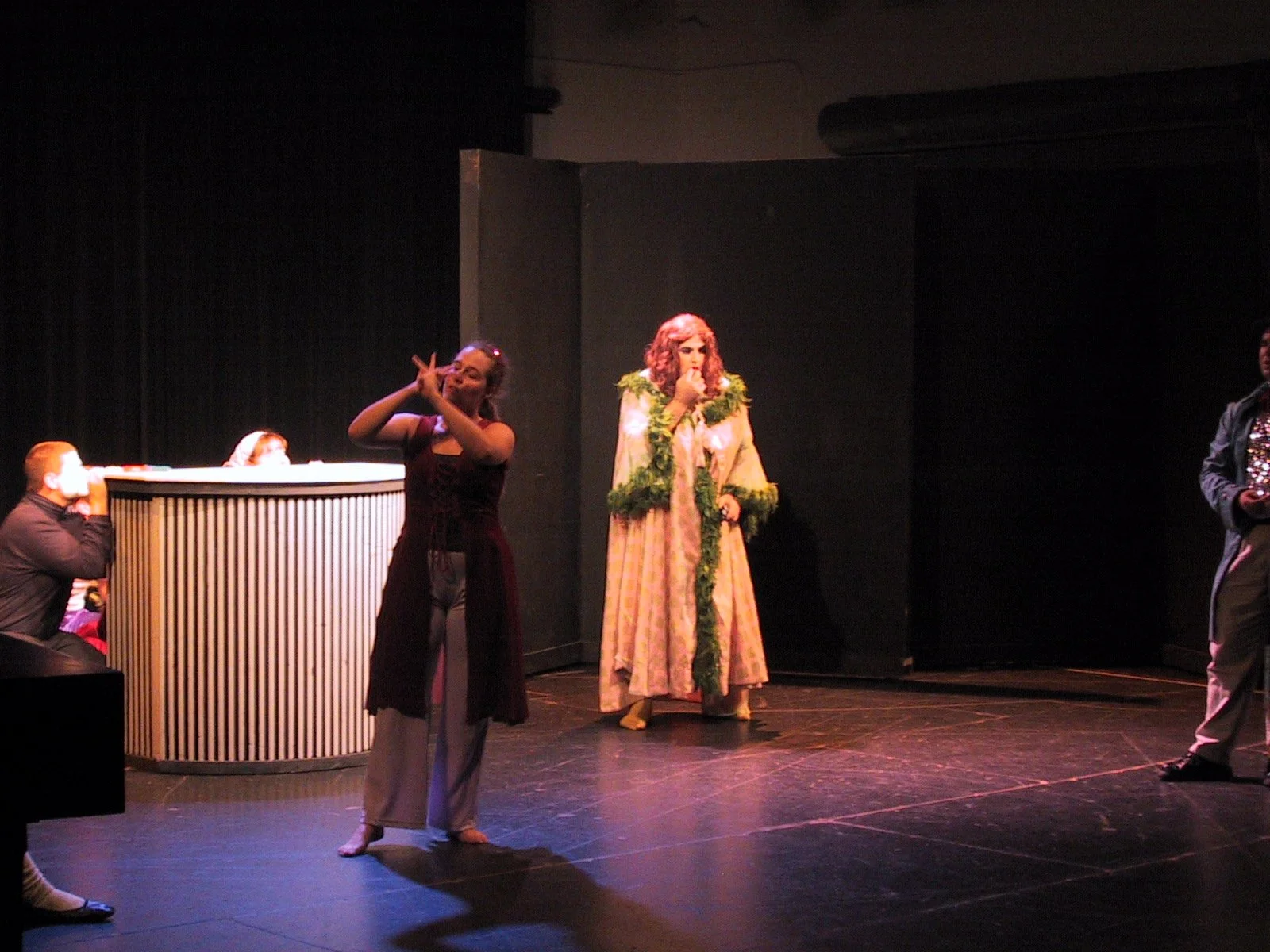
Shoot the Piano Player (2001), TheatreUSF (Tampa, FL).
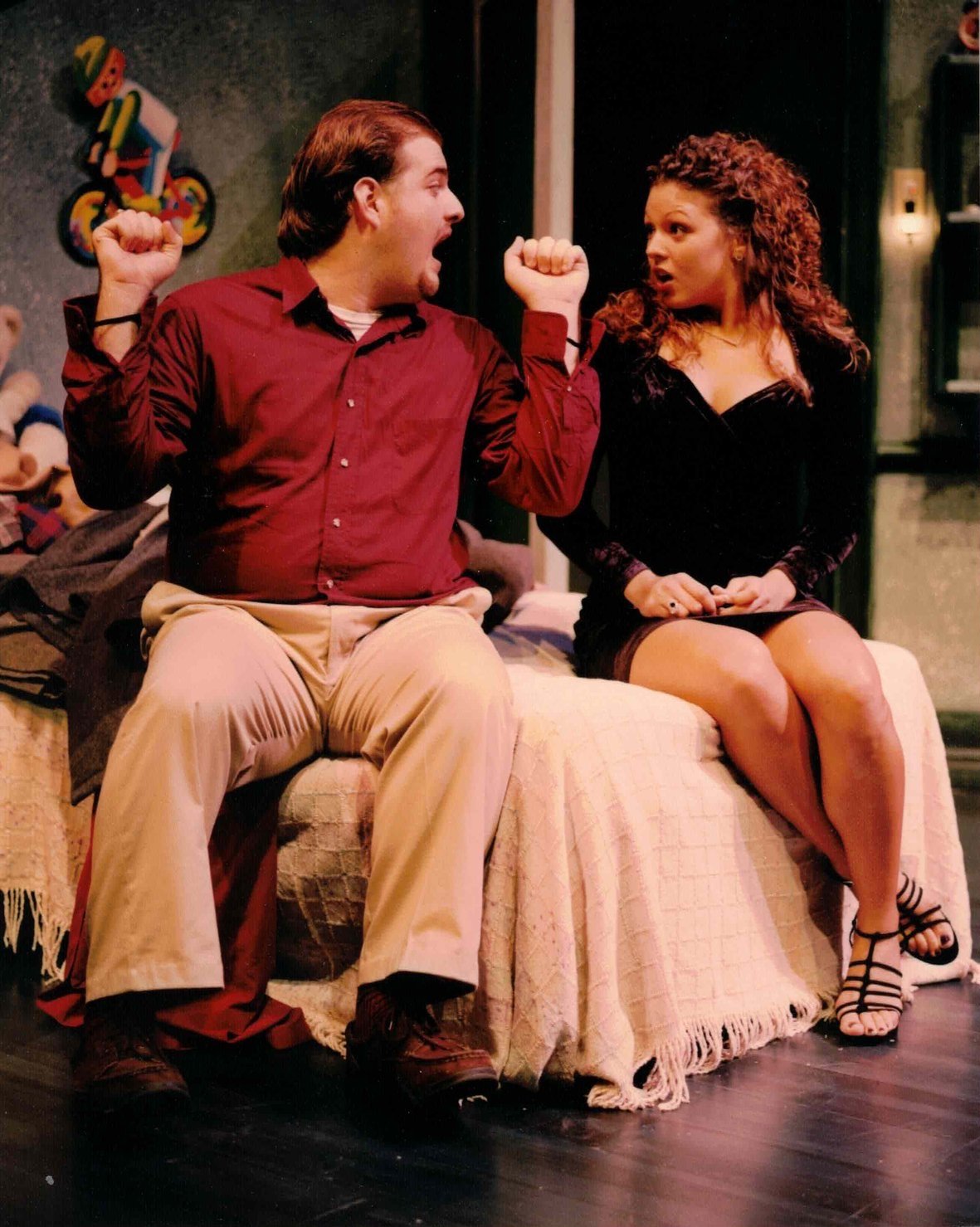
Boys' Life (1997), TheatreUSF (Tampa, FL).

Shards (2003), performance art.


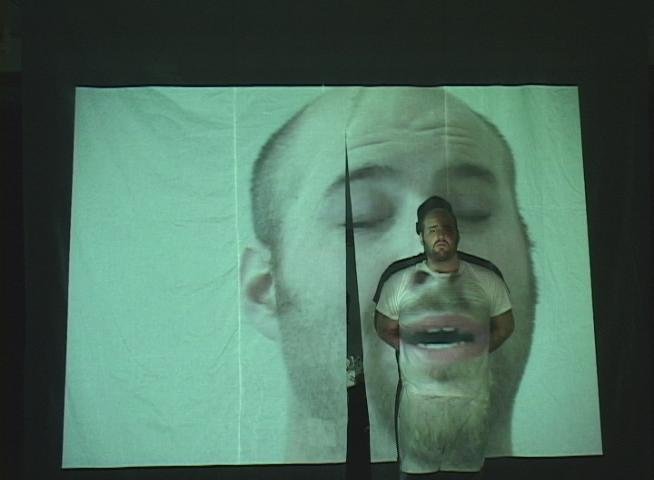
Coherence (2005), performance art.


lenses (2004), experimental video.

Crippling Language: Disabling the Body (2006) at Southern Illinois University (Carbondale, IL).

Dear Patrick, installation (2009) at Southern Illinois University (Carbondale, IL). Photo credit: Craig Gingrich-Philbrook.

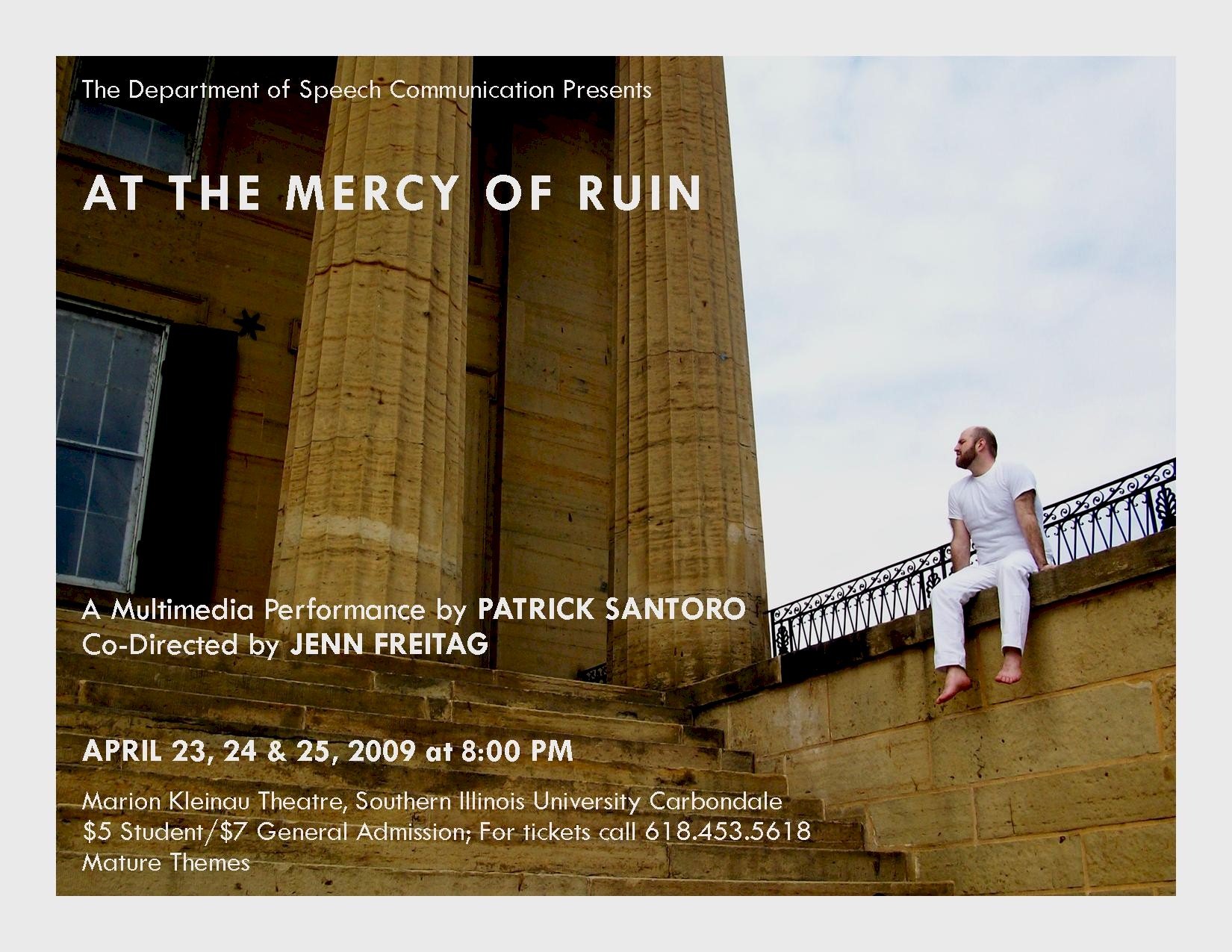
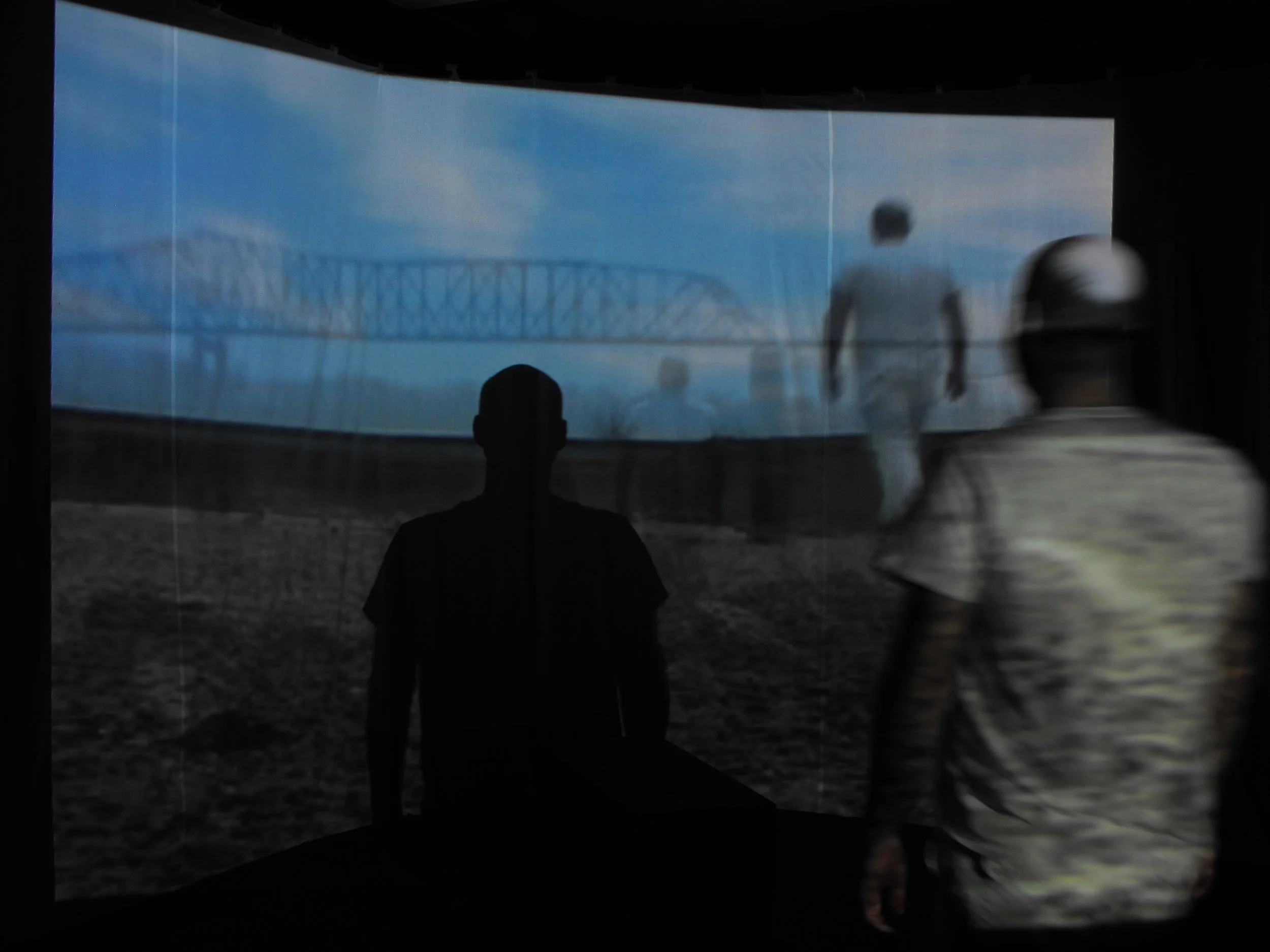
At the Mercy of Ruin (2011) at Lake Superior State University (Sault Ste. Marie, MI). Photo credit: Dani Ammel.
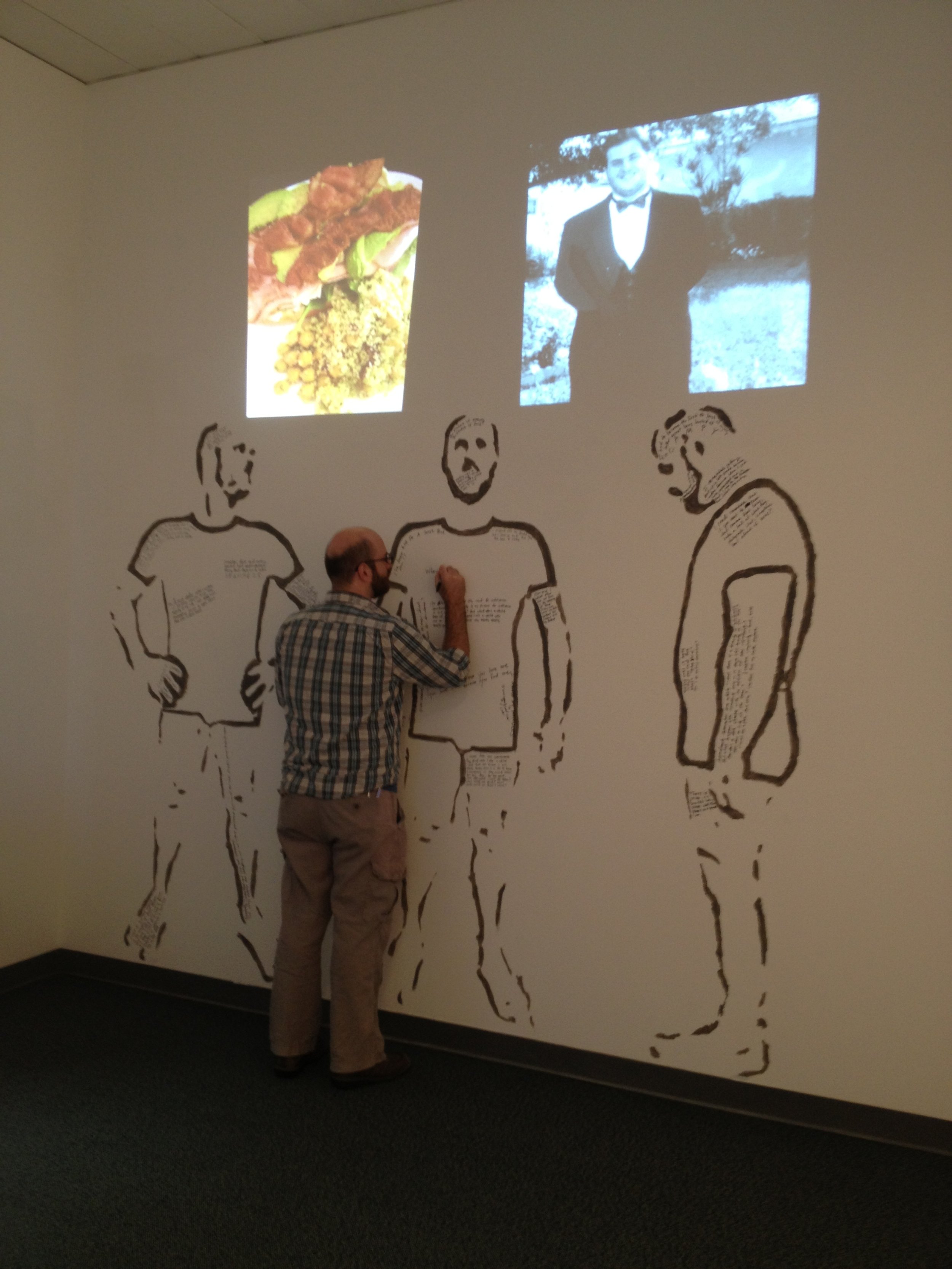
Food for Thought installation (2013).
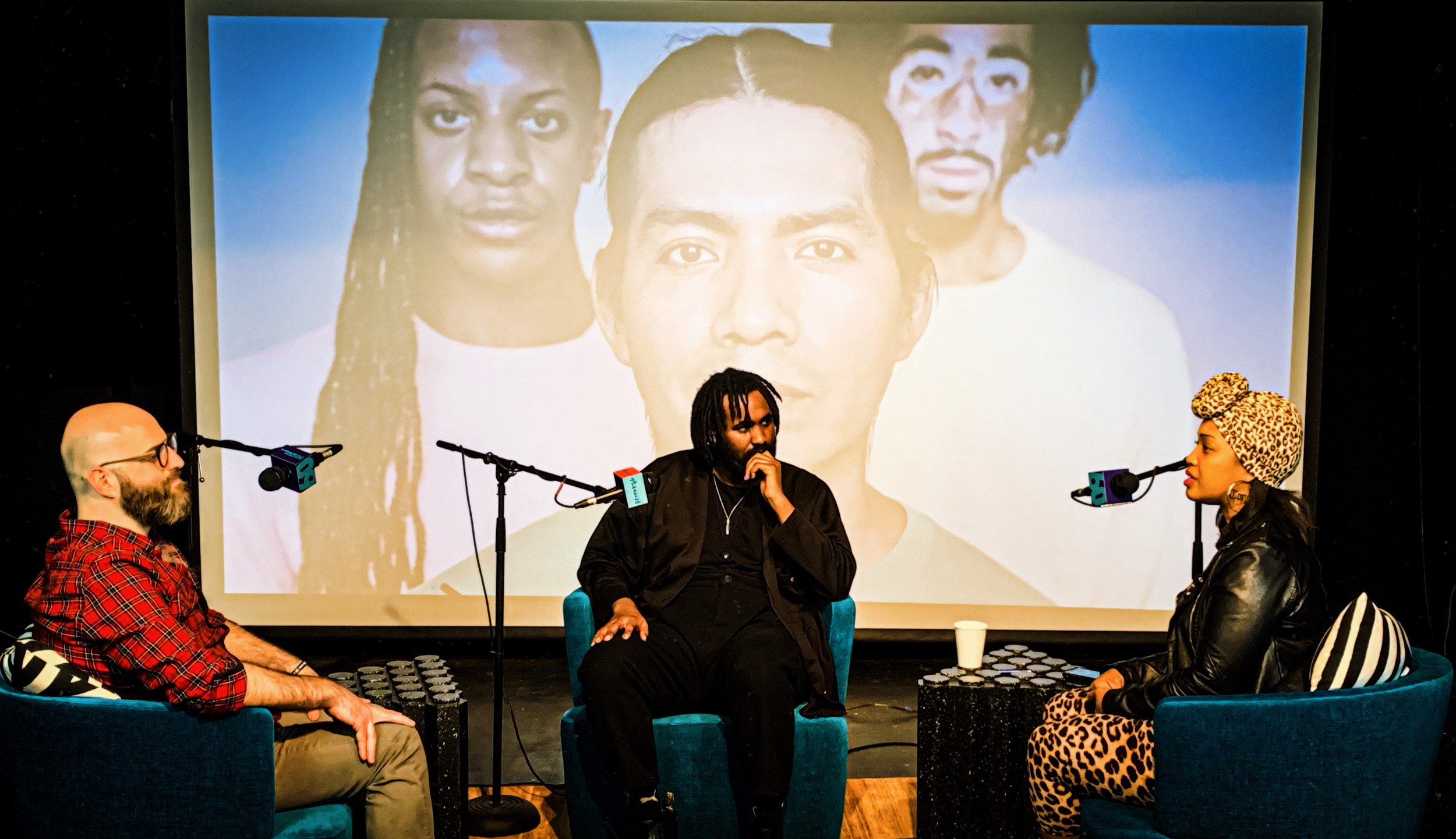
Panel discussion on art and race for Urban Gateways, Chicago (2021).
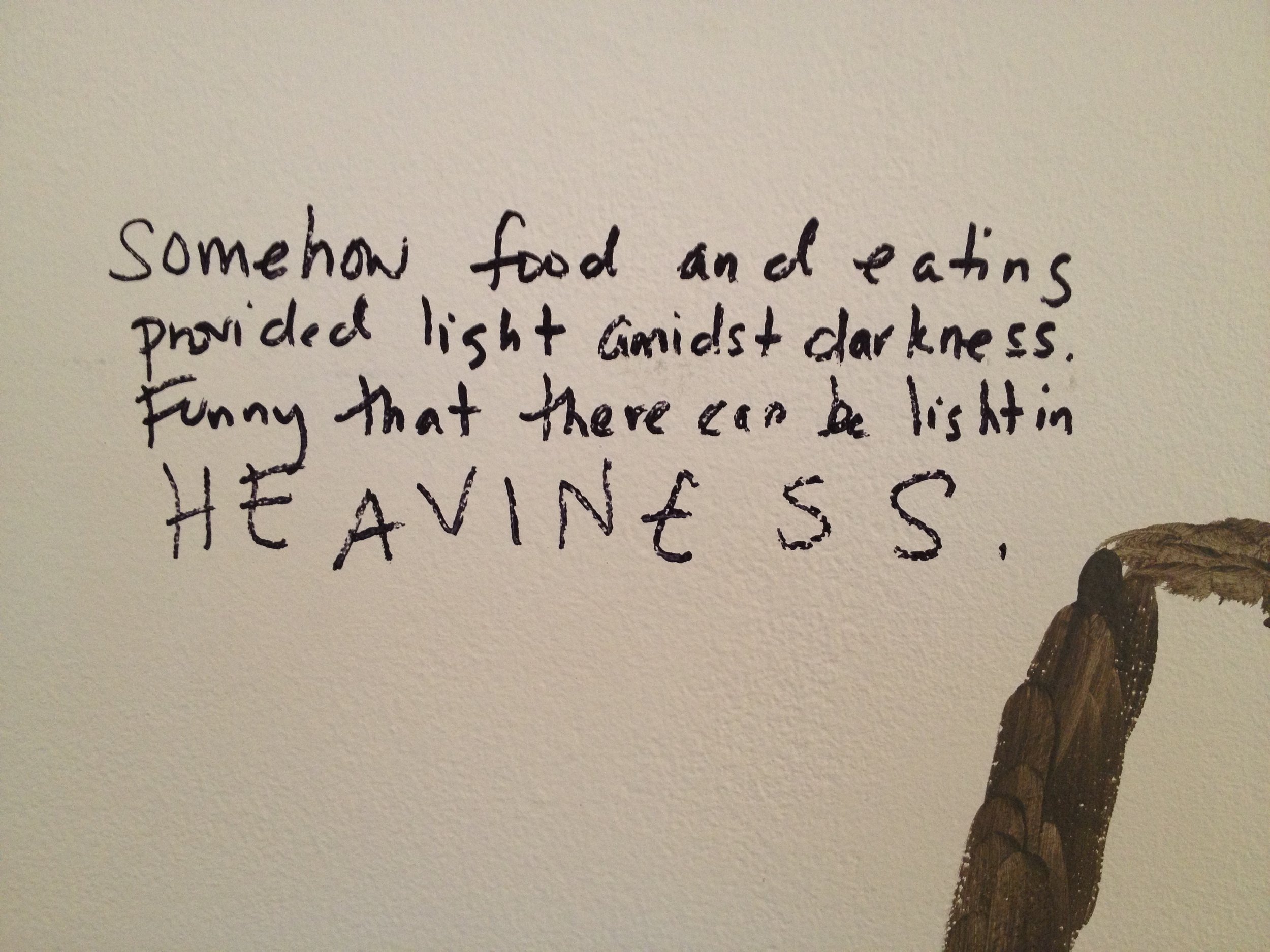
Food for Thought installation (2013).

Fahrenheit 451 (2015) at GSU. Photo credit: Jerry Slowik.

“My scholarship takes both a theoretical and an embodied approach to performance, and appears on pages, stages, and screens.”
I consider myself a true hybrid in theatre and performance studies: my professional acting and directing work in the theatre, long before graduate school, allowed me a deep understanding of craft, with special appreciation toward a polished, provocative “product,” whereas my academic work in performance studies transformed “performance” and “performing” completely, instilling in me a love for process, performativity, and performance as a methodology.
I was trained as a narrative writer, so stories matter to me. Stories of identity matter to me. Artful, engaging stories matter to me. Stories of representation, for all, matter to me. So, too, does embodiment, as much of my research uses the body-in-performance as a way of knowing.
My scholarship and instruction are in conversation with each other: both recognize the power of the performing body. Early examples include research on imagination and ruined landscapes, and the reframing of brokenness as beautiful, as charted in “Performing Landscapes of/and Loss” for Text and Performance Quarterly, and a Bear Trilogy, a trio of works exploring the performance of gay subculture and masculinity, including “Bear-ing My Body,” “Relationally Bare/Bear: Bodies of Loss and Love,” and “Lather, Rinse, Reclaim: Cultural (Re)Conditioning of the Gay (Bear) Body.”
In 2017, I was awarded the Ellis-Bochner Autoethnography and Personal Narrative Research Award for my article, “Queerscape: Embodying Landscape and Rupture in Auto/Ethnography.” This award, sponsored by the Society for the Study of Symbolic Interaction Affiliate of the National Communication Association, is presented to the “best published article, essay, or book chapter advancing, reflecting, and/or expanding perspectives on autoethnography and/or personal narrative evaluated in terms of originality, creativity and quality of narration, evocative writing, engagement with human emotionality and subjectivity, and significance of contribution to the field and/or to social justice.”
I am also a performance artist working in solo performance, installation art, and video art traditions. My work on personal storytelling through experimental video, “Queer Renderings: Rewriting Identity in Experimental Video,” argues for video as a methodology to reimagine queer identity, relationality, and desire. I’m interested in affect in sound design as well, especially as part of multimedia performance environments.
Additionally, I publish on pedagogy — namely on working to dismantle oppressive systems with students. With students, I co-authored “Students Staging Resistance: Pedagogy/Performance/Praxis,” which appears in the Pedagogy and Theatre of the Oppressed Journal. My most recent publication, “Staging Sexual Assault: Performing Childhood Trauma in Alice in Wonderland,” outlines the process of staging activist theatre, using directing as critical pedagogy.
I have also been invited to contribute critical responses to performance work, including “Performing Fugue: Desire, Denial, and Death in Jesus Camp Queen” and “‘What is a Stage but an Invitation?’: Performance as a Method for Grieving.”
Currently, I am writing a textbook on directing. Unlike other directing texts, which are written primarily for theatre students and practitioners, this one will serve to widen the net for a performance studies audience, as it examines traditional notions of directing for live performance to “directing” our identities in everyday life. Moving beyond technique and composition, the text takes a relational, feeling approach to directing, emphasizing the variety of relationships a director forms and fosters in artistic practice.
For more scholarship, visit my academia.edu page.